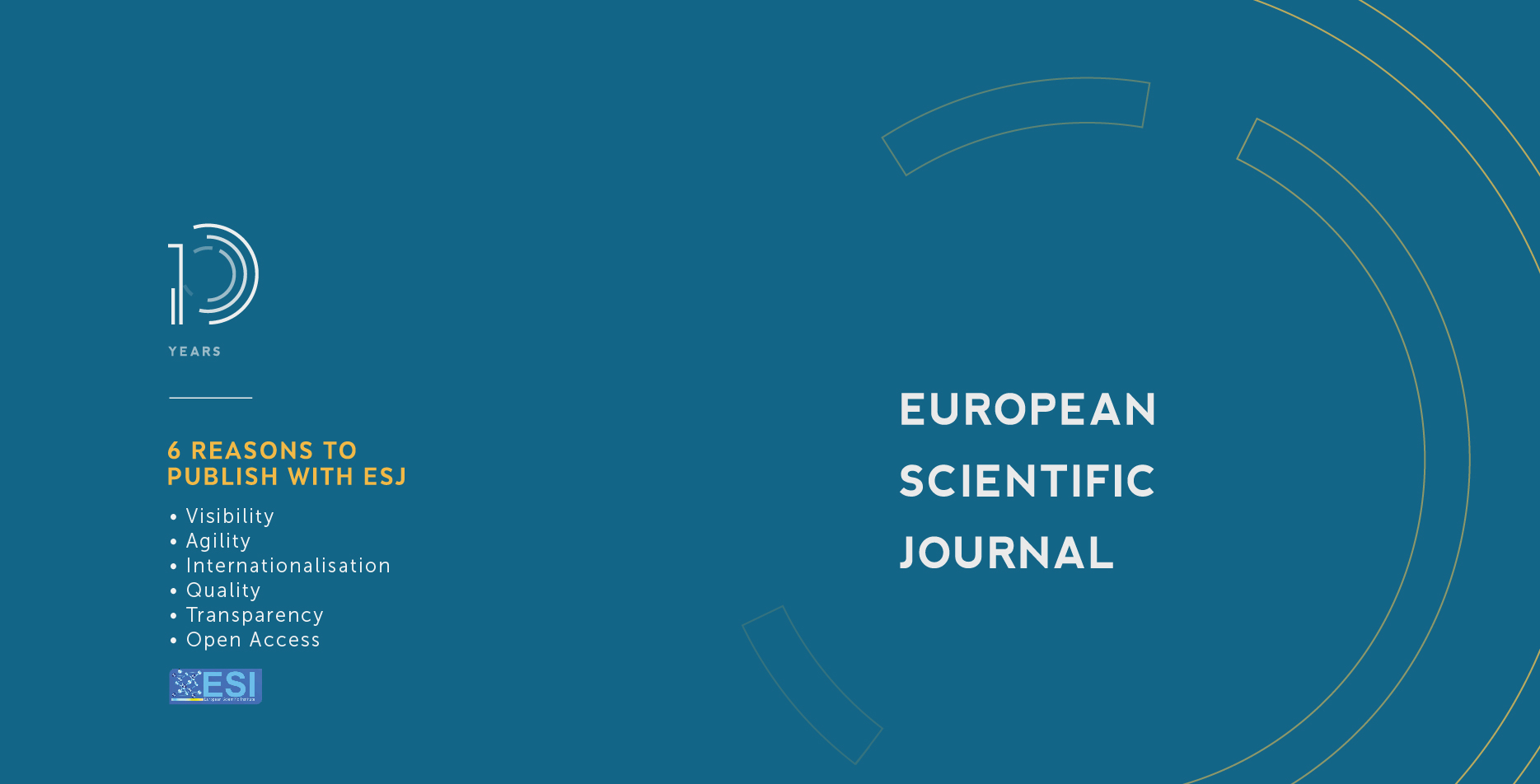Great Power Politics in Post-Cold War Period: The Ukraine Crisis of 2014
Abstract
The Ukraine Crisis of 2014 which led to the annexation of Crimea by Russia has been one of the worst European issues since the end of the Cold War. NATO’s relations with Russia have worsened ever since Russian troops invaded and annexed the Crimean peninsula in 2014. This paper examines why Russia intervened and eventually annexed Crimea during the Ukraine crisis through theoretical approaches in IR (international relations). In addition, the paper also discusses the consequences of Russia’s actions in Crimea during the Ukraine Crisis of 2014. This paper argues that Russia intervened and annexed Crimea during the Ukraine Crisis of 2014 because of NATO’s expansion policy in eastern Europe. The study was conducted using a qualitative and a non-positivist approach to research (interpretivist) which is centered on the humanistic view of the social sciences. On the one hand, the findings of this study support my central thesis; it revealed that NATO’s expansion policy in eastern Europe was the cause of Russia’s actions in Crimea during the Ukraine Crisis of 2014. On the other hand, the findings of this study revealed that there are alternative factors that also motivated Russia to intervene and annex Crimea from Ukraine such as nationalism, identity, and Russia’s quest for great power status. Further, Russia’s invasion and eventual annexation of Crimea without the consent of Ukrainian authorities had several consequences. For instance, it caused tension between Russia and NATO, increased military spending, and led to numerous international sanctions.
Downloads
PlumX Statistics
Copyright (c) 2021 Vitalis Mbah Nankobe

This work is licensed under a Creative Commons Attribution-NonCommercial-NoDerivatives 4.0 International License.








